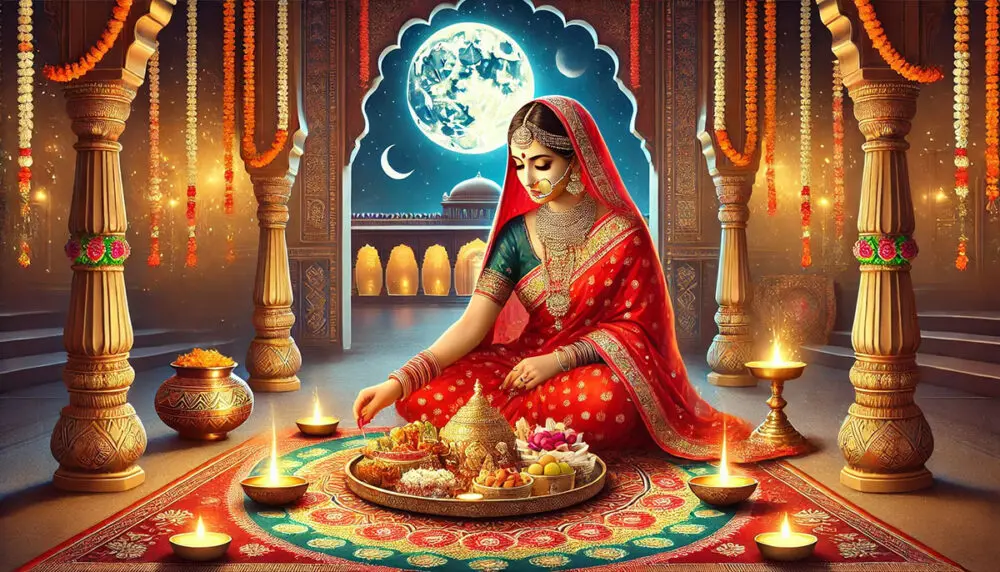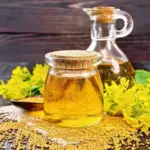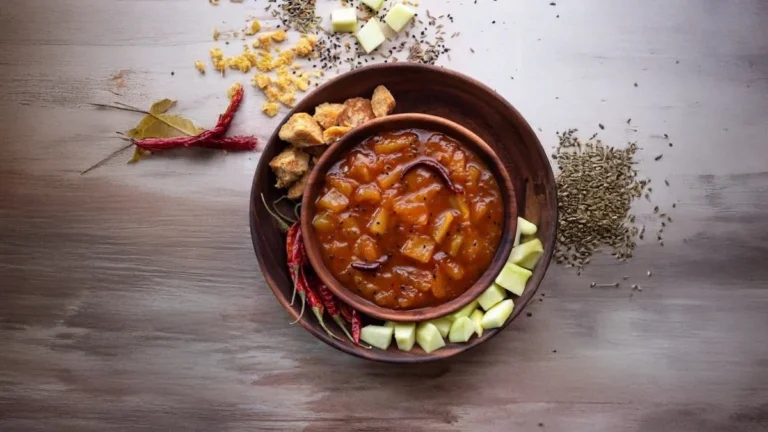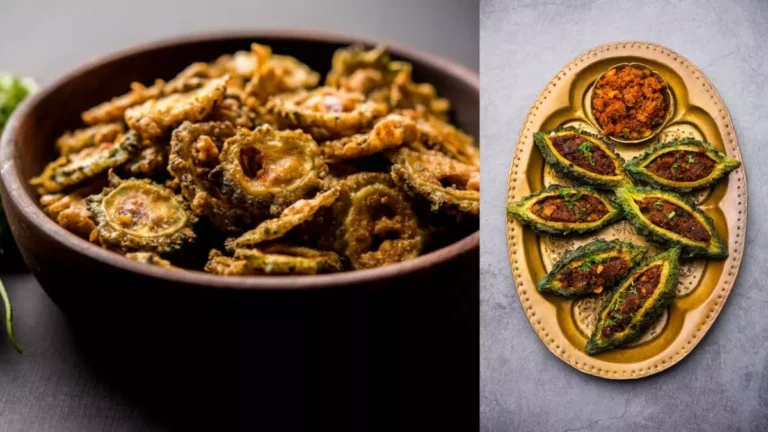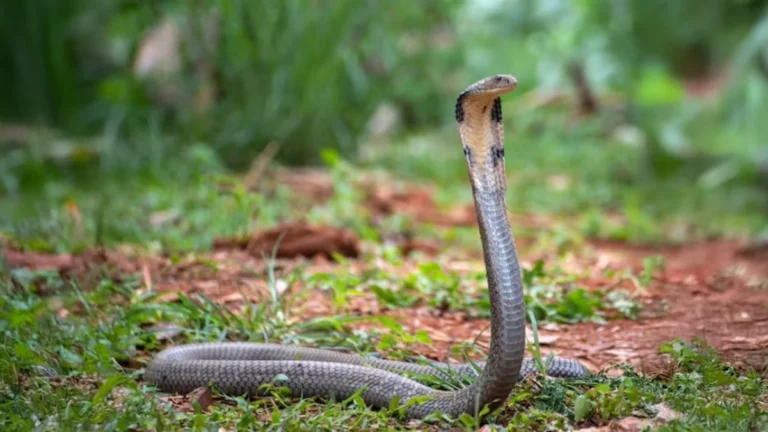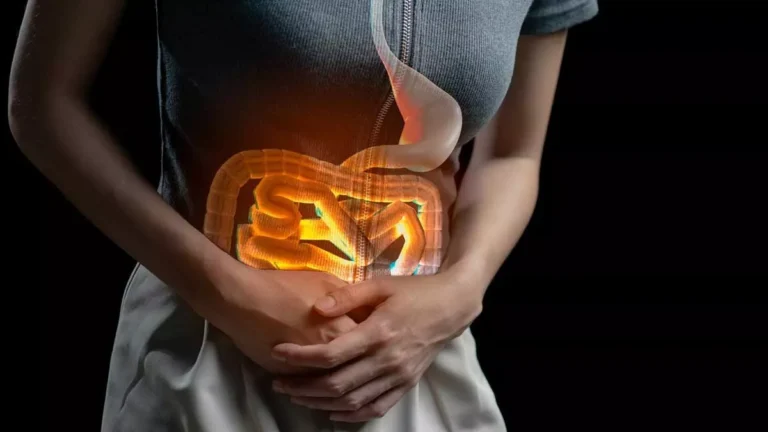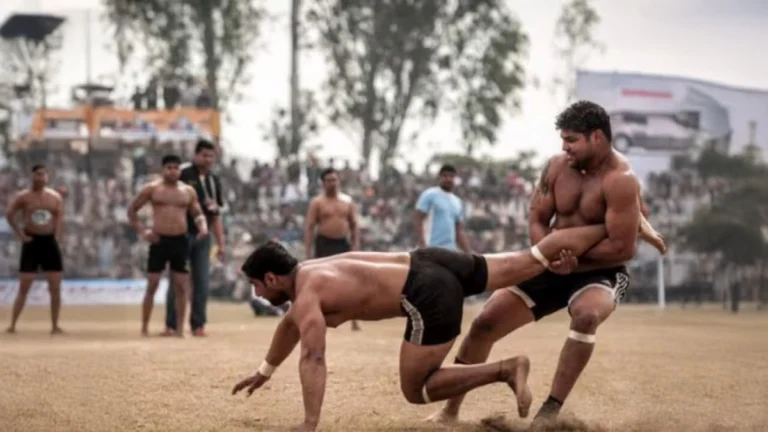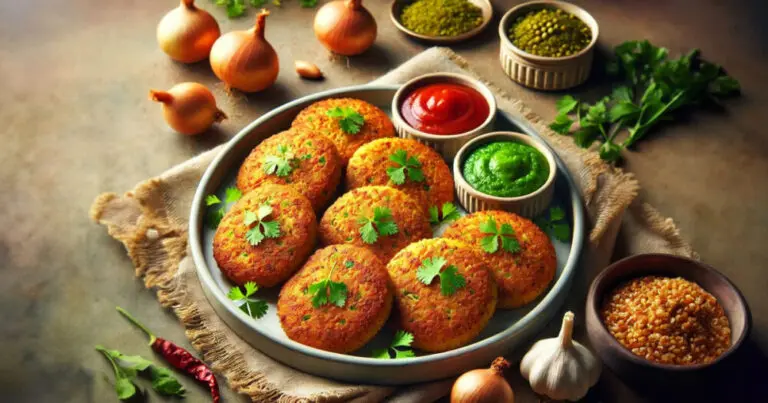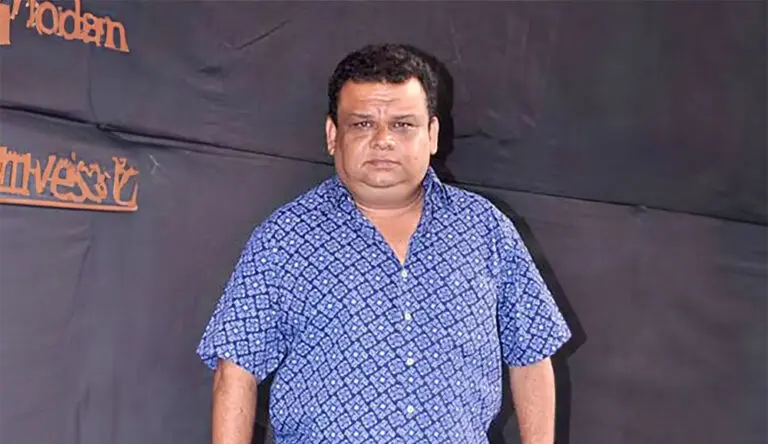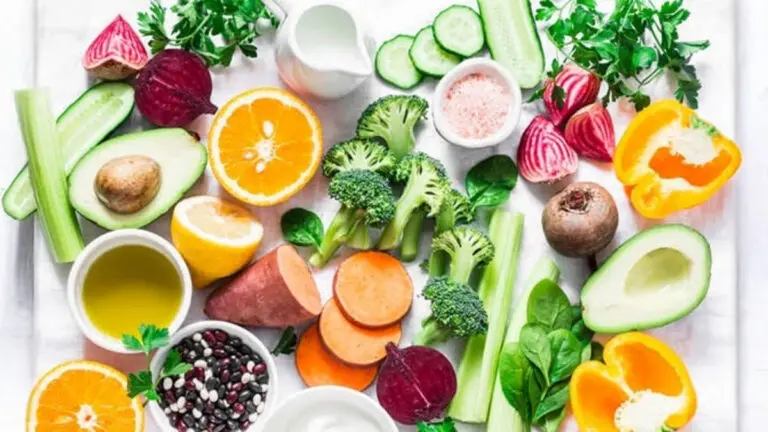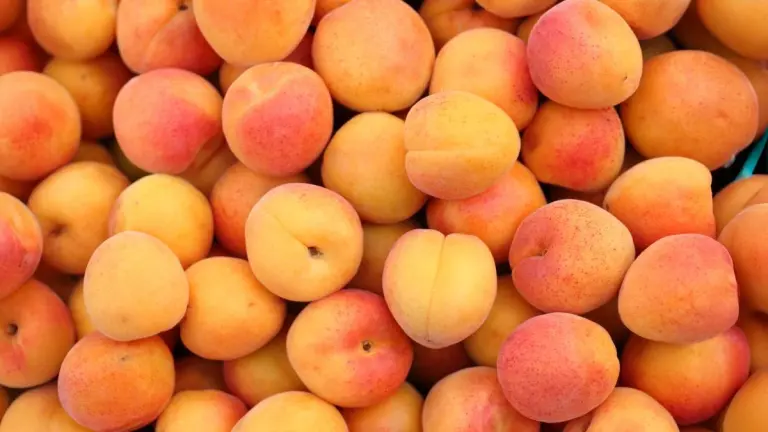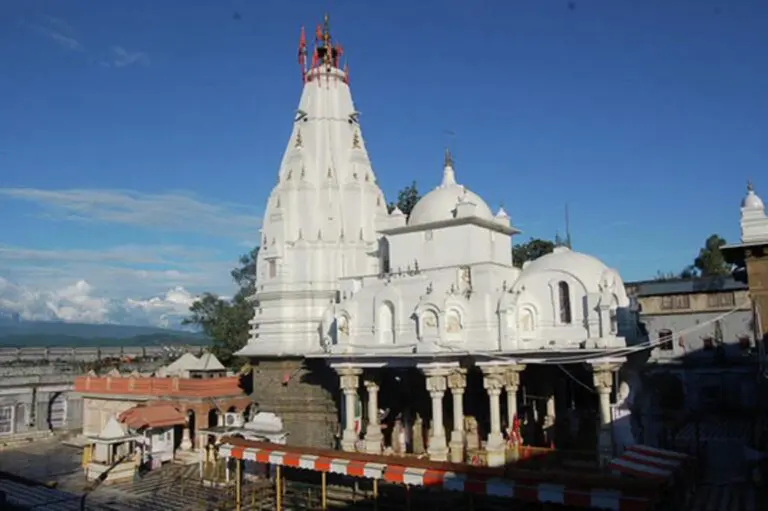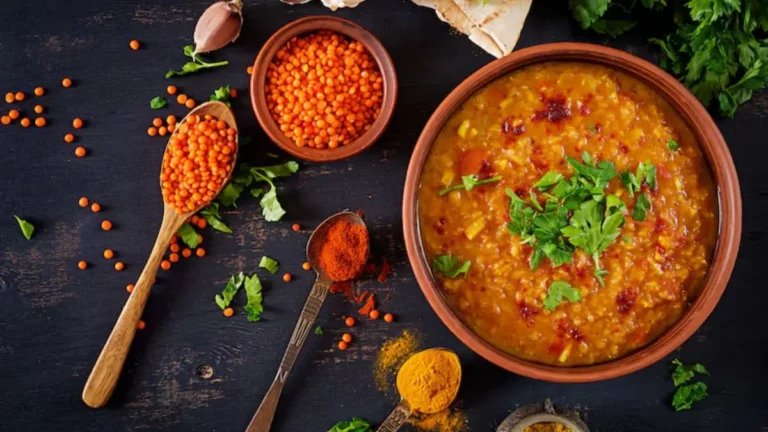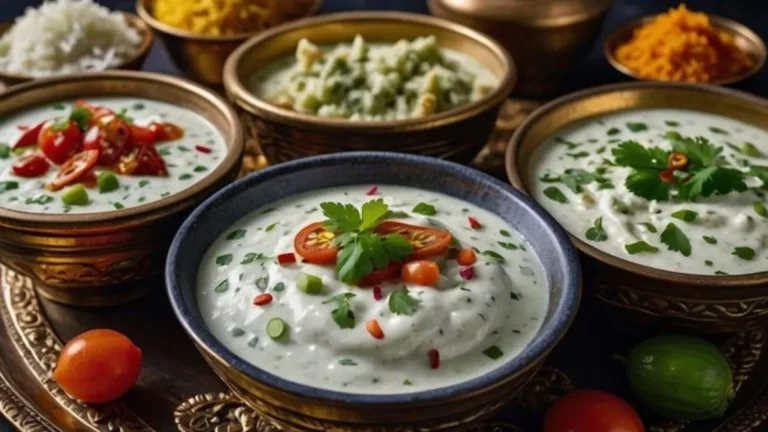Karwa Chauth fasting precautions: The Karwa Chauth fast is an important tradition for married women in Hinduism, symbolising love and devotion. Every year, women observe this fast for the long life and prosperity of their husbands. This year, Karwa Chauth will be celebrated on October 20. During the fast, women abstain from both food and water for the entire day, breaking their fast only after sighting the moon at night. Although this practice is cherished, it is important to understand the Karwa Chauth Fasting Precautions, especially for women with certain health conditions.
Importance of health during Karwa Chauth
Although the Karwa Chauth fast has deep cultural significance, it is important to recognise that not every woman should participate in this fast. Certain health conditions may pose risks during the fast, making it necessary for some women to avoid the fast altogether. The major health risks associated with the Karwa Chauth fast are as follows:
Pregnant women and fasting precautions
Pregnancy is a delicate phase, which requires women to prioritise their health and nutrition. There are several changes that occur in the body, which require extra hydration and nutrients. Fasting without food or water can lead to dehydration, which poses risks for both the mother and the baby. Therefore, pregnant women are strongly advised not to fast on Karwa Chauth due to these potential health risks.
Breastfeeding women should be cautious
Similarly, breastfeeding mothers should avoid fasting. Proper nutrition is important to maintain the mother’s health and ensure the baby’s healthy growth. Fasting can lead to nutrient deficiencies, which has adverse effects on both the mother and the baby. For the sake of their health, breastfeeding women are encouraged to prioritize nutrition over fasting.
Women with diabetes must take care
For women suffering from diabetes, stable blood sugar levels are crucial for health. Fasting during Karwa Chauth can lead to dangerous fluctuations in blood sugar, which can lead to serious complications. Medical professionals strongly recommend that women suffering from diabetes should not fast to maintain their health and well-being.
Kidney Disease and Karwa Chauth Fasting Precautions
Women suffering from kidney disease should also not fast on Karwa Chauth. Staying without water for a long time can affect the functioning of the kidney and worsen the existing condition. For these women, it is important to prioritize hydration and proper medical care over fasting.
Chronic disease patients should avoid fasting
Women suffering from chronic diseases like cancer or other serious health problems should not fast. The health risks associated with fasting can hamper their treatment regimens and overall health management. Proper nutrition and hydration are very important to manage these conditions effectively.
Stomach problems and fasting risks
Fasting can aggravate digestive problems, including ulcers or severe acid reflux. Women suffering from these conditions are advised to be cautious and follow precautions during Karwa Chauth fasting to avoid complications associated with an empty stomach.
Heart patients need to be vigilant
Women with cardiac problems should also consider avoiding fasting. Stress caused by dehydration and lack of food can increase blood pressure and put pressure on the heart, leading to potentially dangerous consequences. It is very important to prioritize heart health during Karwa Chauth.
Physical Weakness or Anemia and Karwa Chauth Fasting Precautions
Fasting may not be advisable for women who are physically weak or suffering from anemia. Lack of nutrition throughout the day can aggravate their existing health problems, making fasting unsafe. Women in this category should prioritize their health and avoid fasting.
Conclusion
Although fasting on Karwa Chauth is an important and cherished tradition, it is important to prioritize health and well-being. Women who fall into any of the categories mentioned above should consider the Karwa Chauth Fasting Precautions and consult healthcare providers if they are unsure about fasting. Remember, health should always come first, even during important religious rituals. Following these precautions will help ensure a safe and satisfying experience during this important festival.

